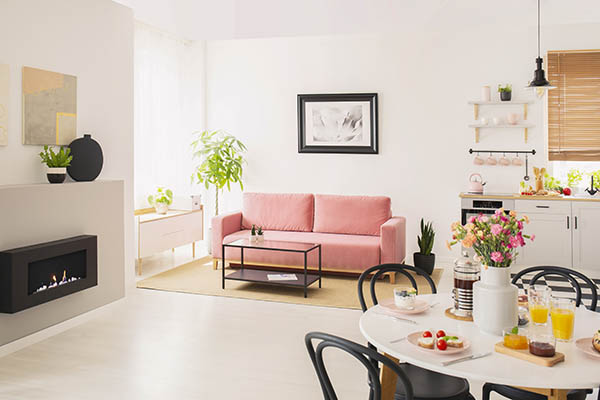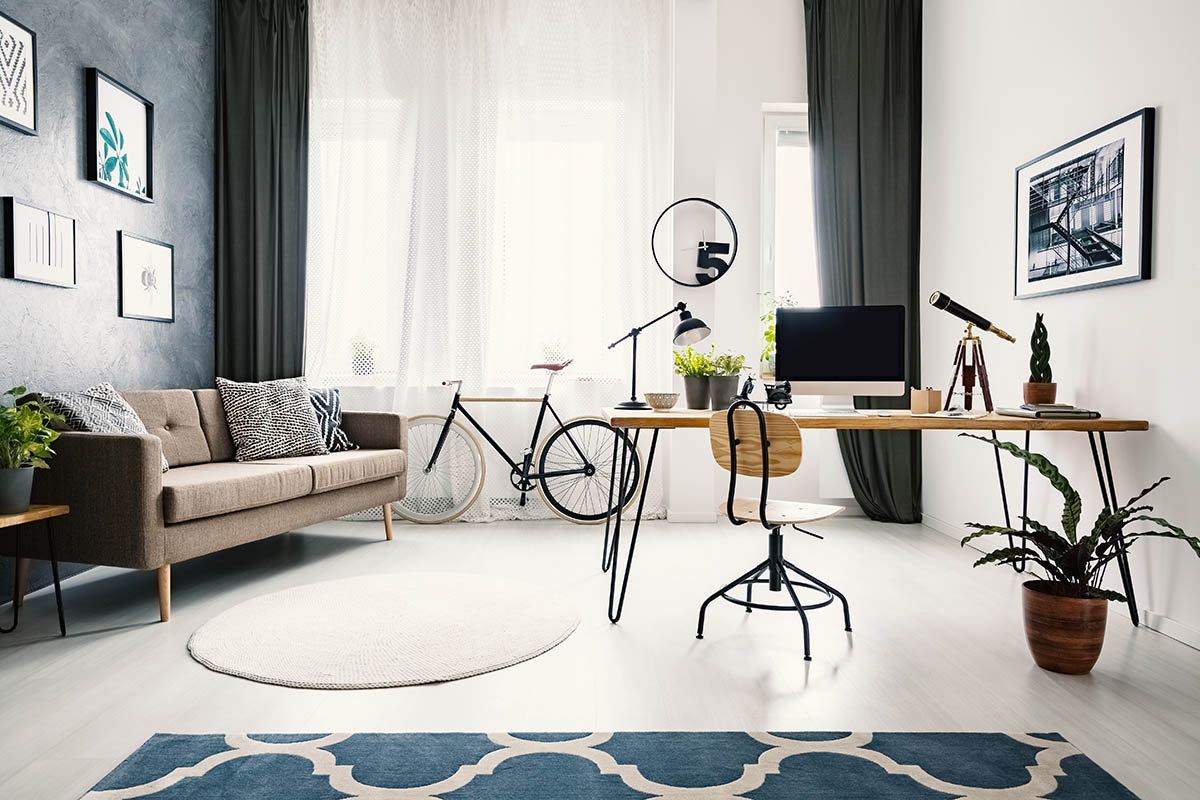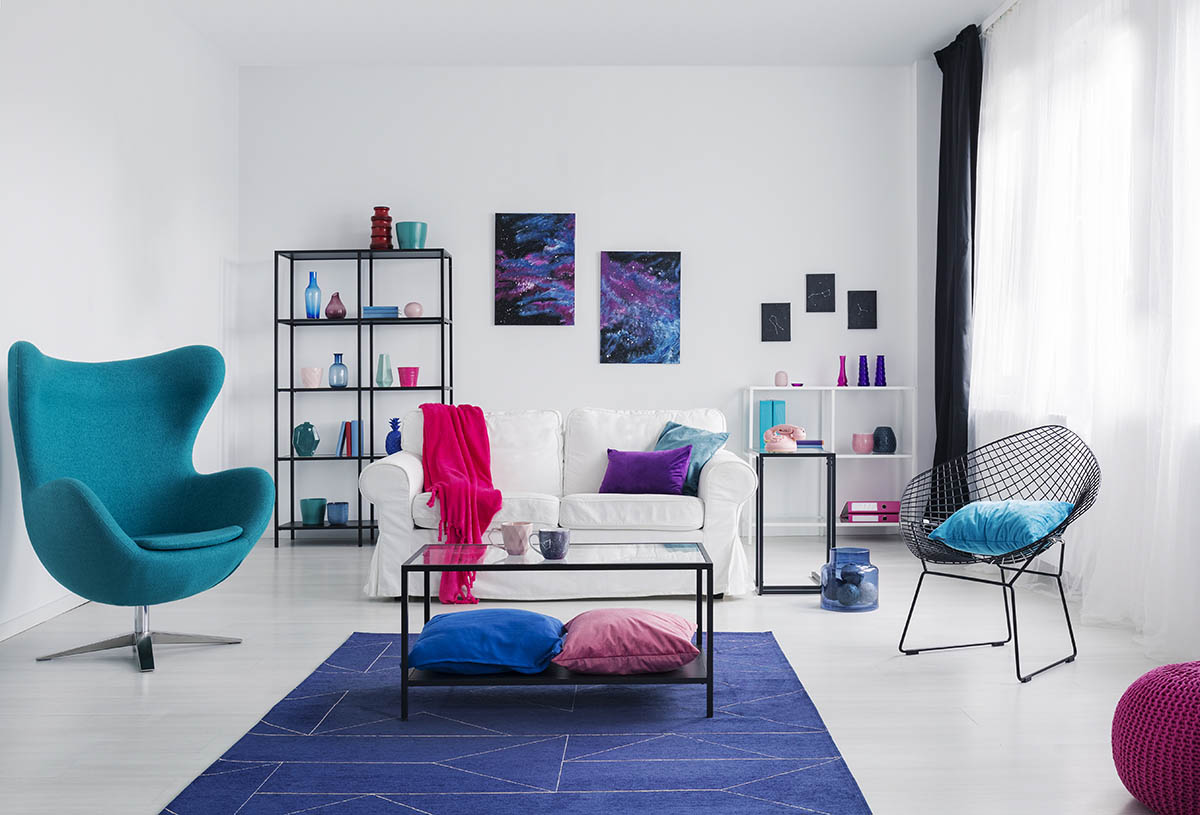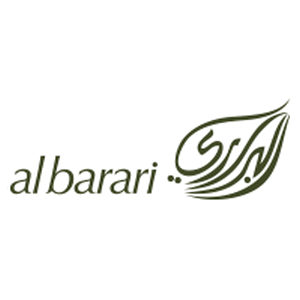
The United Arab Emirates, with its maximum transparency, robust tourism sector, expansive real estate market, developed infrastructure, and attractive business opportunities, has become one of the most favourable places in the world for living and pursuing a career.
Nowadays, buying a home in the UAE, particularly in Dubai, is a lucrative and reliable investment. Let’s delve into the nuances you should be aware of before deciding on a purchase.
Content:
- Key features of purchasing real estate in the UAE
- Advantages of purchasing a home in the UAE
- Disadvantages of purchasing a home in the UAE
Key features of purchasing real estate in the UAE
Important to know
In the United Arab Emirates, there are two types of property ownership.
Freehold areas
Here, the buyer of the plot/property is a full-fledged owner. In Dubai alone, there are more than 60 such areas, providing a broad selection for foreigners.
Popular freehold areas include The Greens, Palm Jumeirah, Jumeirah Beach Residence, Dubai Marina, and many more.
Leasehold areas
This type of ownership entails a long-term lease for up to 99 years. During this period, the property can be rented to other tenants, bequeathed, or sold. However, certain transactions may require the consent of the primary owner.

Advantages of purchasing a home in the UAE
Buying a home in the United Arab Emirates in 2024 is a move with a lot of perks.
- Regional safety
The UAE stands out as one of the safest and most peaceful countries globally, consistently ranking in the top 3 in the Numbeo Safety Index.
- Favourable climate
Sun and sea all year round! These conditions are particularly appealing to those who enjoy hot weather and beaches. New buildings are equipped with special systems that create and maintain a comfortable microclimate, making the heat easily bearable.
- Absence of certain taxes
The UAE offers unique conditions where foreign citizens can not only live in comfort but also run a profitable business. There are no property, inheritance, and personal income taxes.
It is no wonder that the UAE’s taxation system is considered one of the most favourable for doing business.
- Full property ownership
When purchasing real estate in freehold areas, you become a full-fledged owner with the freedom to dispose of the property as you please: resell, rent out both short- and long-term, gift, alienate, or bequeath.
- Investor protection
The real estate market in the UAE is transparent, and the government puts significant effort into protecting investors. A special system providing access to buyer funds ensures that Dubai’s new developments will be completed on time, and only then will the funds be accessible to the developer.
- Real estate purchase as a path to residency
Foreign citizens buying property in the UAE can obtain a long-term residence visa for 2 to 5 years. This benefits the country with fresh investments and capital growth, while foreigners gain the opportunity to relocate to the UAE.
A 2-year visa is granted for purchasing property in Dubai worth AED 750,000 ($204,000). To secure a 5-year visa, you must invest a minimum of AED 2 million ($544,500).
This visa can be renewed indefinitely as long as the individual continues to own property and adheres to the laws of the United Arab Emirates. Both men and women can own property, and investors can also apply for sponsorship visas for spouses and children.
- Financing options
In the UAE, foreign citizens have the opportunity to take out a mortgage to purchase an apartment or villa in Dubai. You must be a law-abiding person with a good credit score and a stable income. To avoid problems with arrears and defaulting on the loan, the bank must be confident in the solvency of its customers. When applying for a loan, you will be required to provide:
- UAE residence visa (if any);
- Copy of the passport;
- Copy and original Emirates ID;
- Documents proving financial solvency (bank statement, salary certificate)
Mortgages are available for up to 25 years.
- Flexible investment opportunities in primary and secondary markets
The UAE real estate market offers a wide range of housing options, from brand-new villas or apartments in Dubai and other emirates to resale properties. There is also an option to invest in buying an apartment in an under-construction residential complex. This option can be very profitable:
- It is possible to purchase housing at any stage of construction, including at the excavation stage. This is advantageous as the cost of the residence increases as the construction progresses;
- The apartment can be paid for in instalments as part of an interest-free instalment plan.
As for secondary housing, it is usually cheaper than apartments in new developments, and there is no need to wait for construction completion; you can move in immediately after purchase.
- Price justifies quality
The real estate market in the UAE and Dubai is evolving, but demand is currently outweighing supply, driving up the cost per 1 m². Pricing is also influenced by factors such as the location, age, and size of the property.
It is worth noting that properties are sold with finished interiors, and in some cases, with furnishings and designs from renowned fashion brands like Cavalli and de Grisogono. Modern complexes offer numerous amenities for residents, including pools, fitness centres, landscaped gardens, co-working spaces, and spa facilities, all included in the final cost.

Disadvantages of purchasing a home in the UAE
This section explores nuances that may pose challenges when buying property in the United Arab Emirates.
- Religious considerations
The UAE is a Muslim country, and certain aspects of daily life are influenced by Islamic principles. Drinking alcohol in public is prohibited and is only allowed in designated licensed venues such as bars, restaurants, and hotels. Cohabitation of men and women, if at least one of them is married to another person, homosexual relationships, and dressing in revealing clothes are also prohibited. The mildest punishment for violation of the established norms is a fine, and in more serious cases, one may face deportation or imprisonment.
- One-time fee on property purchase
While the UAE does not impose annual property taxes, a one-time fee of 4% of the property value is required at the time of purchase.
- Agent commissions
While it is possible to handle a property transaction independently, it is often quicker and more reliable to engage a real estate agency. On the secondary market, agent commissions typically amount to 2% of the property price. Following the purchase, investors may delegate property maintenance and service to a management company. The organisation’s staff can find tenants, move them in, and oversee property upkeep between tenancies.






































